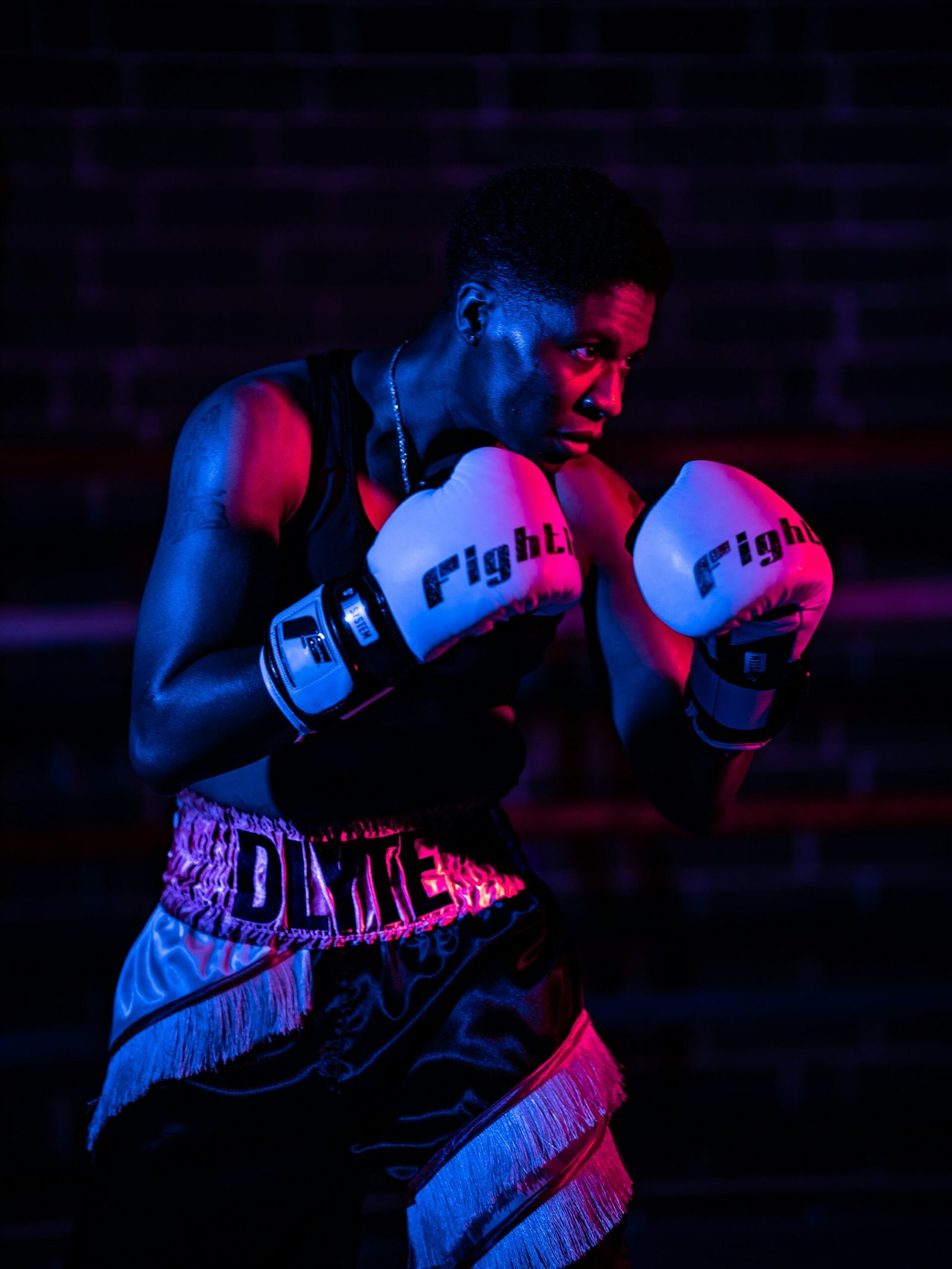The Significance of Boxing in the Olympics
Boxing has a storied place in the Olympic Games, with its roots tracing back to the ancient Olympiad in Greece around 688 BC. As one of the oldest Olympic sports, boxing embodies a blend of physical prowess, strategy, and artistry that has captivated audiences for centuries. The evolution of boxing in the Olympic realm has not only shaped the sport itself but has also influenced national pride and cultural identity worldwide.
Historically, Olympic boxing served as a platform where fighters could attain global recognition. Legendary athletes such as Muhammad Ali, Joe Frazier, and more recently, Vasyl Lomachenko have emerged from the Olympic stage, showcasing their skills and determination while propelling boxing into the spotlight. These athletes have not only demonstrated the competitive nature of the sport but have also become symbols of resilience, inspiring future generations and solidifying boxing’s esteemed standing within the Olympic framework.
The significance of boxing transcends mere competition; it highlights the discipline, sportsmanship, and teamwork inherent in athletic pursuits. The Olympic boxing tournaments provide athletes from diverse backgrounds an opportunity to compete on an international stage, fostering unity through sport. Such events allow nations to showcase their talent, enhancing cultural diplomacy while promoting the values of respect and fair play.
Moreover, boxing’s presence in the Olympics has contributed significantly to its global visibility. Broadcasting world-class bouts to millions around the globe, the Olympic Games have been crucial in elevating the profile of boxing and encouraging youth participation. As the sport continues to adapt to modern times, its role in the Olympics remains relevant, serving as a testament to human spirit, tenacity, and excellence in the pursuit of victory.
IOC’s Decision: Implications and Reactions
The International Olympic Committee’s (IOC) recent recommendation for boxing to remain a featured sport in the 2028 Los Angeles Olympics marks a significant moment in the landscape of Olympic athletics. This decision has been influenced by multiple factors, including the sport’s enduring popularity, its capacity to generate substantial viewership, and its rich historical presence in the Olympic Games. Since its introduction in the modern Olympics in 1904, boxing has evolved, remaining a compelling event that attracts a diverse audience. The prospect of witnessing elite boxers competing on such a prestigious platform undoubtedly holds the potential to enhance the overall appeal of the Olympics.
Responses to the IOC’s recommendation have been multifaceted, with various stakeholders voicing their perspectives. Boxing federations around the globe have expressed relief, citing that the inclusion of the sport in Los Angeles 2028 will help promote grassroots initiatives and foster greater participation at all levels. Olympians and aspiring athletes view this decision as a crucial opportunity to shine on one of the world’s largest athletic stages. Despite the positive sentiments, concerns regarding the sport’s governance and safety protocols cannot be overlooked. Recent controversies surrounding scoring systems and officiating have raised questions about the sport’s integrity, leading to skepticism among certain fan bases.
Equally pertinent are the operational challenges boxing faces as it prepares for the upcoming Olympic Games. Issues related to ensuring fair competition, securing adequate funding for training, and managing athlete wellbeing are paramount. Moreover, the IOC’s decision may necessitate further reforms within boxing organizations to maintain the sport’s reputation and alignment with Olympic standards. As the boxing community gears up for the 2028 Olympics, the balance between tradition and modernization will likely influence the sport’s trajectory and its ability to captivate audiences worldwide.
The Modernization of Boxing and its Impact
In recent years, the sport of boxing has undergone significant modernization efforts aimed at enhancing both athlete safety and audience engagement. These changes are crucial as they not only preserve the sport’s legitimacy but also appeal to a broader demographic, especially as it prepares for its role in the upcoming 2028 Los Angeles Olympics.
One of the most notable advancements in boxing is the implementation of improved safety measures. Organizations such as AIBA (International Boxing Association) have introduced stringent protocols to prioritize the well-being of the athletes. This includes the use of advanced concussion protocols, mandatory medical examinations, and a heightened focus on the mental health of fighters. Such measures are instrumental in countering the historical concerns that have surrounded the sport and ensuring that participants can compete without undue risk.
Moreover, technology plays a pivotal role in modernizing boxing training and competition. With the advent of data analytics and wearable devices, coaches can now monitor an athlete’s performance in real time, allowing for tailored training regimens that cater to individual needs. The integration of virtual reality during training sessions also enhances the fighters’ skills, enabling them to simulate real-fight scenarios and refine their technique. These technological advancements not only improve performance on the ring but also enhance the viewing experience for fans, who are increasingly drawn to interactive and immersive experiences.
Furthermore, innovative approaches to broadcasting and marketing are reshaping how boxing is perceived by the younger generation. Promotions are leveraging social media platforms to engage with fans directly, offering a wealth of content that makes the sport more accessible and relatable. By adapting to modern audience preferences, boxing organizations are not only revitalizing the sport but also ensuring its relevance in an ever-changing sports landscape.
Future of Boxing Beyond 2028: Yields and Challenges
The inclusion of boxing in the 2028 Los Angeles Olympics has the potential to shape the future of the sport significantly. As one of the most storied athletic competitions globally, the Olympics often ignites interest among fans and investors alike, which could lead to a resurgence of boxing in both amateur and professional spheres. Increased visibility may attract new talent while encouraging existing athletes to pursue their dreams within the sport. In turn, this renewed interest could espouse sponsorship opportunities and funding from both public and private sectors, thereby bolstering the sport’s infrastructure.
However, the future of boxing is not without its challenges. The sport faces stiff competition from an array of athletic disciplines vying for an audience’s attention. Alternative sports, including mixed martial arts and other combat-related activities, have gained traction in recent years, often overshadowing traditional boxing events. As such, boxing must evolve to retain its relevance and attractiveness to both current and prospective fans. This may require adaptations to the sport’s structure, promotional strategies, and even the way competitions are conducted in order to engage a digitally-savvy, younger audience.
Moreover, maintaining the sport’s integrity and legacy will be essential in navigating this transformative period. Boxing organizations and professional leagues must uphold rigorous standards to ensure fair play and athlete safety. This commitment to ethical practices can enhance boxing’s reputation as a prestigious sport. The introduction of innovative training methods, interactive fan experiences, and community outreach programs can also help foster a connection with millennials and Generation Z, encouraging young athletes to step into the ring.
Ultimately, as boxing moves beyond the 2028 Olympics, balancing tradition with innovation will be critical in sustaining its legacy while adapting to the evolving landscape of athletics. Only through strategic planning and forward-thinking initiatives can the sport captivate a new generation of fans and athletes alike.

